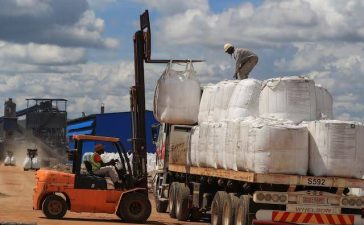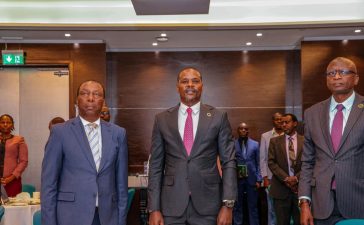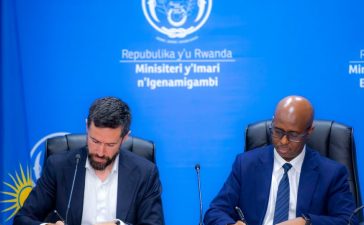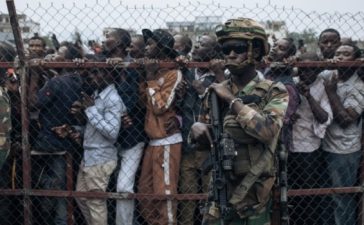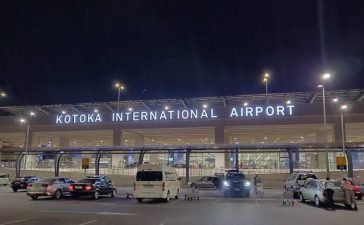Algeria is grappling with a widening gap in parallel exchange rates as the state, reluctant to fully adjust the official rate, contends with challenges in controlling demand and boosting confidence in the dinar.
The reluctance to let the exchange rate adjust fully has resulted in a loss of buying power for everyday Algerians, highlighting the difficulties faced by the government in managing competing priorities such as combating inflation while maintaining state spending, subsidies, and price controls.
In this oil-rich North African nation, there are reports of business owners divesting their assets and acquiring euros on the black market to safeguard their wealth.
The middle class is also turning to euros and dollars to purchase essential items in short supply, including medicine, vehicle parts, and specific food items. The widening gap between the official exchange rate and the black market rate signifies the challenges in maintaining economic stability and meeting the needs of the population.
Last week, the official exchange rate allowed one euro to be sold for 145 Algerian dinar. In contrast, currency traders on the black market were selling one euro for nearly 241 dinars on the same day – a staggering 66% higher than the official exchange rate.
The disparity underscores the economic complexities faced by Algeria and the impact on the daily lives of its citizens as they navigate a landscape of fluctuating exchange rates and limited access to essential goods.



